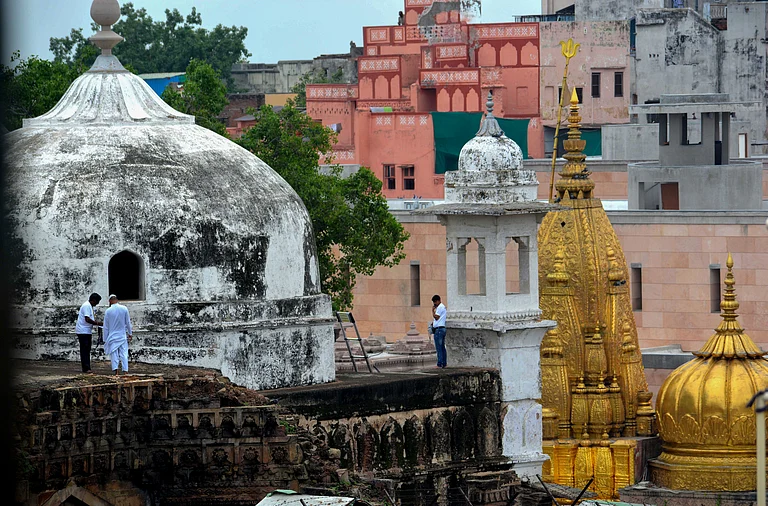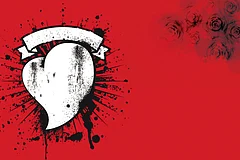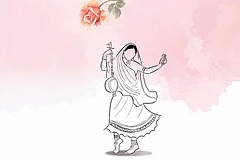Sometimes it is enough to open a metal can of ground coffee to make it happen. In a split second a touch of smell transports you to a place where you have neither been nor have not been (thanks to a speed of multiple teleportation, none of your eye-lashes will fall down). A weird feeling where a taste of dreams-never-realised, completely forgotten, but suddenly reanimated gets back on the menu in all its crisp vagueness.
“A dream remembered or a dream realised?” asks a waiter in white chiffon. “A la carte,” you answer, “Something anachronistic, but with lots of olive oil, please. And don’t forget a bit of something.” “Don’t worry,” his smile disappears behind his words, “I never forget.” “Forgetting is good for you,” I say “It could be a force leading to revolution. And revolution is a lovely word, no?”
While we smile, a man with Down syndrome and a newspaper strolls along the shore of the lake. I’ve never seen anyone joggling with a newspaper so vigorously—would anyone doubt the choice of Mussolini and Hitler to establish the Minicultutpop—the Ministry of Popculture of Italian Socialist Republic here. In a place situated along the lake and surrounded by mountains, so that the allies would not be able to detect and bomb it. Where Lisa Stansfield’s ‘Toy Soldier’ still welcomes you in every bar. And where Café Nero still serves memorabilia of Mussolini as well as brand new t-shirts with Che Guevara. “Wanted: only dead” the t-shirt says. We wanted to trade it to Comme des Garconnes t-shirt with Che Guevara wearing Burt Simpson on his chest (the image is taken from the New Yorker magazine), but Jean Luigi, the owner of the café-museum, brought us to a restaurant to eat a horse steak instead.

“That place on the top of the mountain?” the waiter interrupted. “Yes, where you cannot see a ferry appearing in the fog.” “Have your ever been to Salo before?” he wonders. “How can I remember and forget at the same time?” I shrug, “I’ve just come here from Bed & Breakfast at the mountain nearby, Montessei. The owner of the place gave me this as a present,” I show him a jar of gooseberry jam that was accompanying our breakfast each morning. “Nice. Actually the relationship to forgetting and writing is very ambivalent,” the waiter says. “Sometimes the only way to get rid of certain memories and to erase them is write them down on paper. When you write it the experience disappears and you are free again. You are up for a revolution. You probably agree that the only way to forget the heavy nights of the weekend is to have a party the next one.” “Bingo”, I say. “By the way, what are you doing here?” he raises my curiosity. “Well, I am part of the cultural tourism. We’ve come here to make a TV series based on Pasolini’s 120 days of Sodom. However, none of the people except the owner of Café Nero would be able to remember anything from the actual shooting except the title. Yet they said that reality was more gruesome than the fiction. Then we’ve tried to recruit teenagers to play in the series and ended up with hours of tape of them talking about denim jeans and reality shows on TV. They were critical and enthusiastic at the same time. Like everybody else these days. So at the end we’ve decided to do a commercial for siesta time. Imagine a commercial for time?” “What about the jam?” asks the waiter. “It sounds like time.” “The jam is a present. I really liked it and I’m going to bring it to Lithuania.” “Didn’t she tell you that this jam is made of green little tomatoes, which maybe look like gooseberries, but taste like something else?” he looks at me. “No,” I say. “Salo is a capital of pomodore, you also add a stick of cinnamon. So I have a nice slogan for you,” he finishes:
“Eat it and forget, at least gooseberries.”
MORE FROM THIS ISSUE
Raimundas Malasauskas is a Curator and writer



























